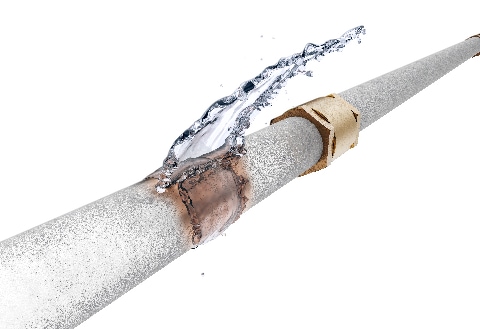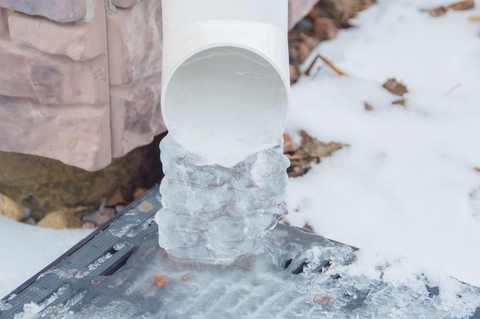Four Ways To Avoid Common Winter Plumbing Problems
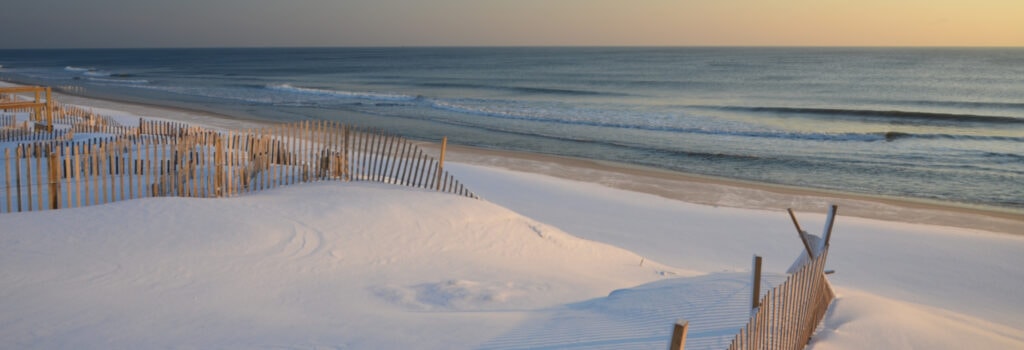
How to Avoid Four Common Winter Plumbing Problems in Ocean City, NJ
Winter poses some unique challenges for your home’s plumbing. The freezing temperatures — and its effect on the water in your pipes — can cause all sorts of expensive problems.
Fortunately, you can avoid calling an emergency plumber by taking a few easy precautionary steps.
In this article, we’ll go over the calls we get most often in the winter — and, of course, how to prevent them.
Four Common Winter Plumbing Problems
Here are the four most common plumbing calls we get in the winter:
- Frozen Pipes
- Clogged Kitchen Drains
- Water Heater Failure
- Damage Around Outdoor Drains
We’ve gone into more detail about some of these in other places. So, we’ll do a quick review for this article.
Frozen Pipes
If frozen pipes aren’t the most common call, they can certainly be the most serious. If a pipe bursts after water’s been backing up for too long, it can cause thousands of dollars in damage in minutes.
Clogged Kitchen Drains
We see this a lot thanks to a combination of low temperatures and holidays. People cook a lot more in early winter when they’re entertaining. As a result, that’s more grease, fat, and small bits of food down the drain.
Eventually, it causes a clog when those all clump, congeal, and freeze in the cold.
Water Heater Failure
We say this a lot about furnaces and boilers, but it applies here, too: Your appliances are most likely to break down when they’re working their hardest.
And, for water heaters (and furnaces and boilers), that’s the winter: When they’re fighting the bitter cold.
Damage Around Outdoor Drains
We see this happen a lot after rain or snowfalls. Leaves from the fall tend to clump together, and after precipitation, they end up near or around a drain.
This can block water from draining correctly. Or, you end up with standing water in a clogged drain that freezes over.
At that point, the pipe can end up damaged, or you get flooding in your basement when water builds up right outside it and seeps in.
Four Steps to Avoid Common Winter Plumbing Problems
Here are four easy ways to avoid those common winter plumbing problems:
-
- Keep Your Thermostat Above 55 F
- Be Careful With Your Kitchen Sink
- Insulate Your Water Heater
- Keep Outdoor Drains Clear
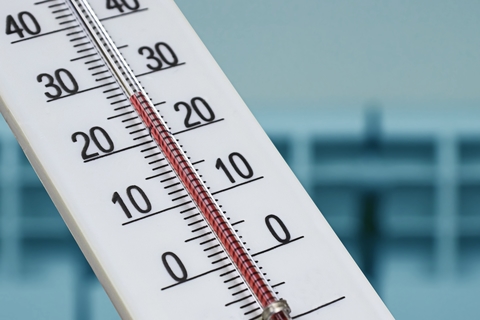
But, you may be tempted to turn off the heat when you’re going away for a few days in the winter. Or, if you have a shore home, you’re not using it for a few months.
Keep the place warm even when you’re not there. You may pay a few dollars extra every season. But, one burst pipes wipes away a lot more than what you’d save otherwise.
Be Careful With Your Kitchen Sink
Next, watch what you wash down the drain — especially if you’re cooking for a lot of people.
Even if you have a garbage disposal, don’t rely on it much in the winter. Those food bits will end up clumping together somewhere.
And, make sure you don’t put any grease down the drain. It’s tempting to wash everything at once, but take care to drain oil and grease into a container and throw it out.
Grease and food can cause a clog any time of year. But, in the winter, there’s an added risk of those substances freezing over and causing a blockage.
Insulate Your Water Heater
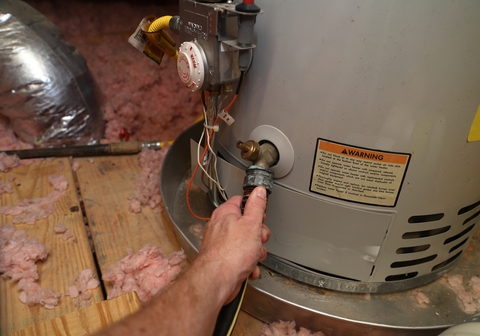
The concept behind it is pretty simple: The colder it is, the more the appliance has to work.
And, since heat gravitates toward cold areas, the water heater works extra hard to keep a tank full of water warm all the time.
You can ease its burden by adding insulation. This keeps more of the heat your system produces in the tank. Then, that’s less work it has to do.
Keep Outdoor Drains Clear
Finally, take an hour or two to clean up after autumn if you haven’t already. All those leaves or lawn debris near drains can cause damage to the pipes underneath your house. It can even mess with your basement.
Keeping the waterways clear means water won’t build up and start seeping into your home.
Rake and pick up any trash around your drains. And, be sure to check on things periodically.
When it rains, or as the snow melts, water will carry dirt, garbage, and lawn debris with it toward the drain.
Finally, take a look in the drain every so often. Do you see standing water in there? If so, you probably have a clog.
That can result in an ice blockage and more problems down the line.
When to Call a Professional
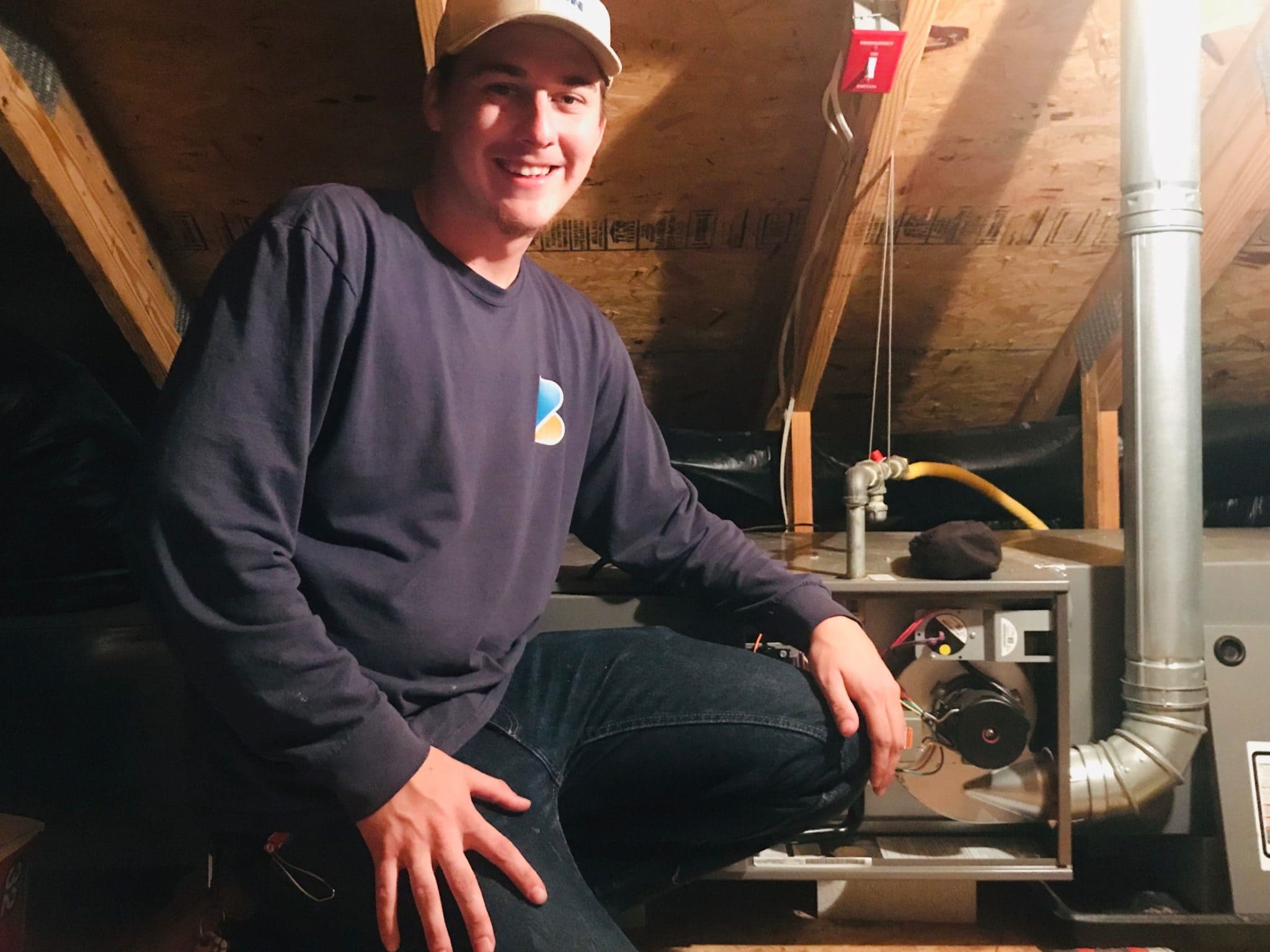
Of course, that’s not always a guarantee. And, other things can go wrong, too.
So, if you notice water collecting before going down a drain, call a professional to check out your system.
Similarly, if your pipes keep freezing over, it’s a good idea to have someone check things out and see if you should take some extra steps to prevent that from happening.
Here in Cape May and Atlantic counties, you can call or email Broadley’s any time for an appointment. We’ve served the area for decades, and have an excellent reputation.



